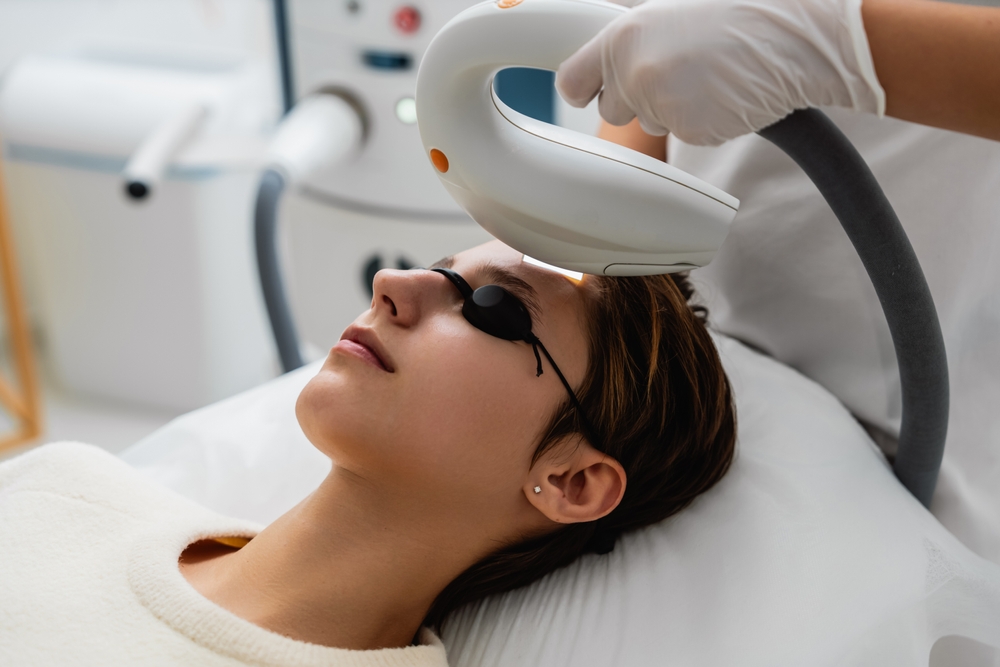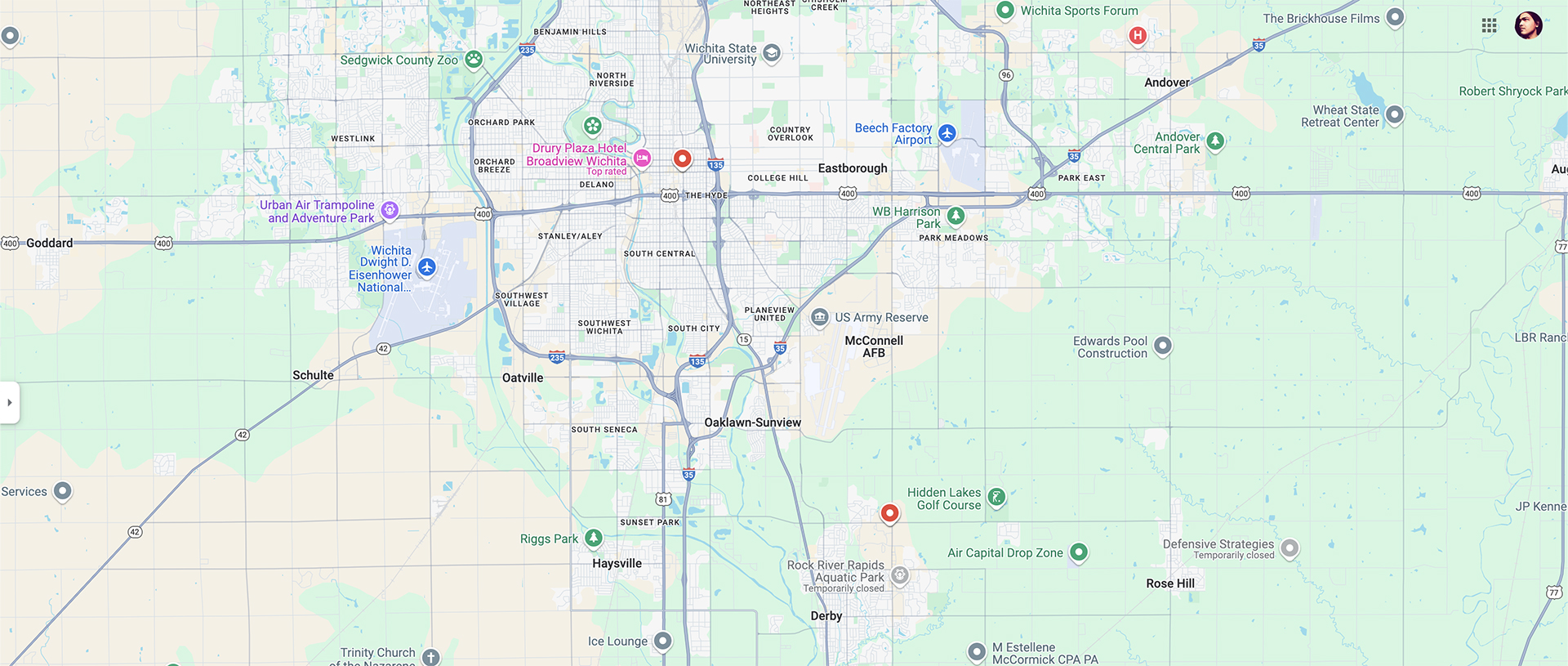IPL

Millions of people struggle with eye and vision-related problems. While some can be resolved with prescription glasses or contact lenses, others require more advanced and innovative solutions. Intense Pulsed Light (IPL) technology has emerged as a promising option for addressing certain conditions, particularly dry eye disease associated with Meibomian Gland Dysfunction (MGD).
IPL as a Solution for Dry Eye Disease
IPL technology, originally developed for dermatological treatments, has been adapted for ophthalmology and is now used to effectively manage dry eye disease caused by MGD. This minimally invasive treatment uses controlled pulses of light to target underlying causes of the condition, offering relief for patients dealing with chronic symptoms.
Understanding Dry Eye Disease and MGD
Dry eye disease occurs when the eyes fail to produce enough tears or when the tears lack the proper balance to provide lubrication. MGD is a common contributor to this condition, affecting the oil-producing glands in the eyelids that play a crucial role in stabilizing the tear film. Together, these issues can lead to irritation, redness, blurred vision, and discomfort.
By addressing inflammation and improving gland function, IPL technology offers a new approach to managing these interconnected problems.
How IPL Helps Manage Symptoms
IPL works through a series of targeted effects:
Reduces Inflammation: Light pulses help decrease inflammatory markers that exacerbate dry eye symptoms.
Improves Tear Stability: By restoring the function of meibomian glands, IPL enhances the quality of the tear film and reduces tear evaporation.
Eliminates Abnormal Blood Vessels: IPL can target and reduce the abnormal vessels that contribute to chronic inflammation.
Reduces Bacterial Growth: The technology helps address bacterial buildup and demodex mites on the eyelids, improving overall eyelid hygiene.
What Does IPL Treatment Involve?
IPL treatment is straightforward and typically performed in a series of sessions spaced over several weeks. Each session lasts about 10–15 minutes, during which light pulses are applied to the area around the eyes. The procedure is designed to be safe, effective, and comfortable, with minimal downtime for patients.
Benefits of IPL Technology
Non-Invasive and Efficient: IPL offers a quick and minimally invasive solution for dry eye disease and MGD.
Customizable Treatment: IPL devices can be adjusted to suit individual patient needs, ensuring precise application.
Long-Lasting Relief: With regular maintenance, IPL can provide significant and lasting improvements in symptoms.
Transforming Patient Care
The integration of IPL into eye care practices has opened new doors for managing dry eye disease and MGD. By addressing the root causes of these conditions, IPL not only alleviates symptoms but also helps improve patients' quality of life.
For individuals seeking relief from chronic dry eye symptoms, IPL represents a safe and effective treatment option backed by growing clinical evidence.






